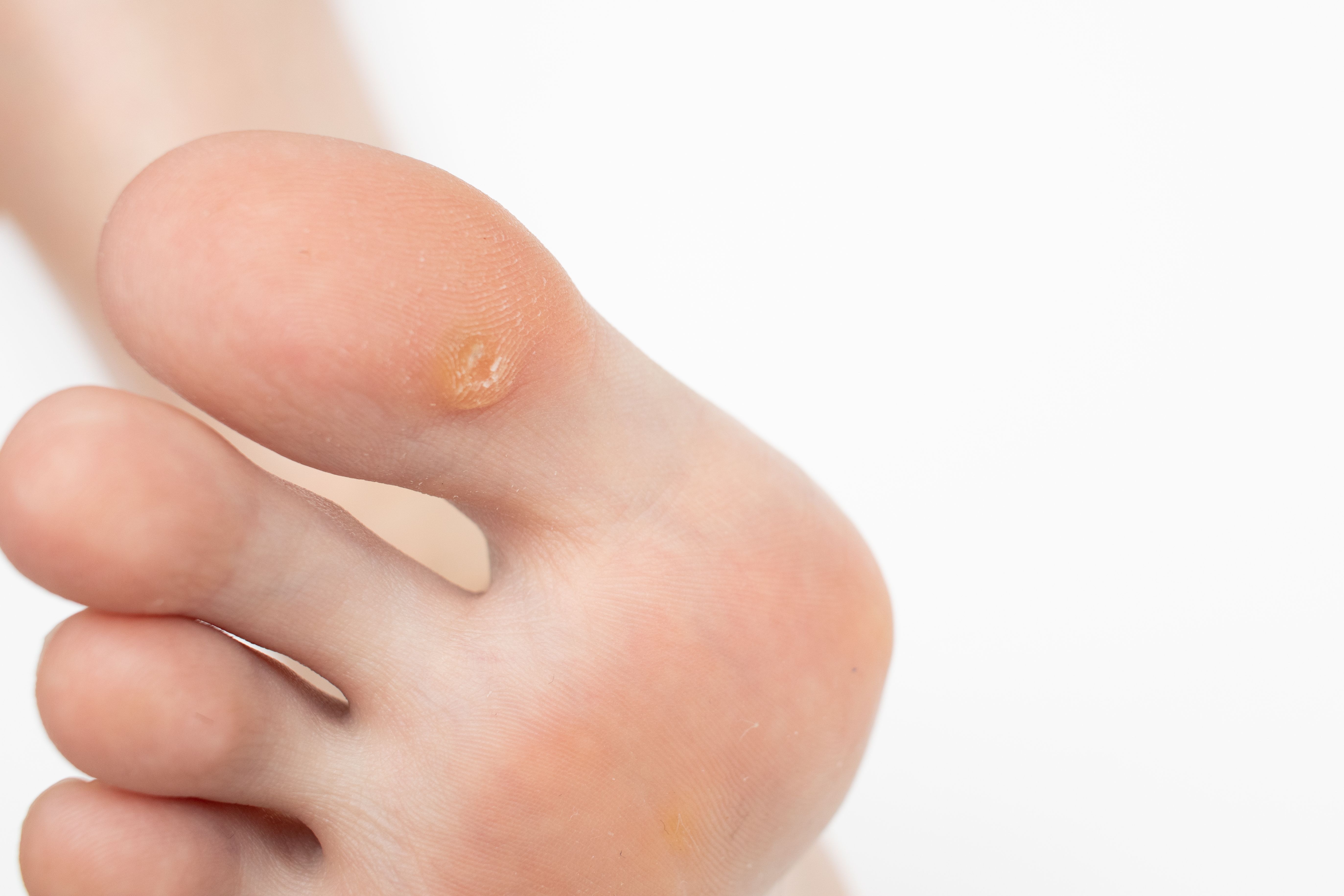In 35 pediatric patients with recalcitrant warts, 68.6% experienced complete resolution after an average of 3 microwave treatment sessions.1 Patients who responded to microwave treatment required an average of 3 sessions (range: 2-8) for complete resolution. The average age of the warts was 29 months (6 to 84 months) and most patients (94%) had failed alternative treatments.
Researchers reviewed the case notes of patients treated at a tertiary dermatology unit where hyperthermia was induced using Swift through repeated applications that lasted 1 to 2 seconds. Energy was supplied at a frequency of 8 GHz and an average power of 7W. Each wart was treated with microwave therapy an average of 4 times at each visit.
Following the initial treatment, follow-up sessions were scheduled approximately every 4 weeks for assessment and to determine if additional treatments were needed. Eight of the 35 patients did not tolerate microwave treatment due to pain and discontinued treatments.
Key Takeaways
- Microwave treatment showed a relatively high success rate in pediatric patients with recalcitrant warts, with 68.6% of patients experiencing complete resolution after an average of 3 microwave treatment sessions.
- Microwave treatment for warts in children had several advantages, including no need for pre-treatment preparation, no special dressings or precautions after treatment, short treatment duration (approximately 2 seconds per application), and a low risk of scarring or pigmentary changes.
Plantar warts are generally more resistant to therapy than common warts. In the study cohort, 20 patients presented with plantar warts and clearance was achieved in 14 (70%) of those cases. “This compares favourably to traditional treatments such as salicylic acid (31%) and cryotherapy (34%) and is consistent with previous rates of clearance using microwave therapy in adults.”
Treatment with cantharadin 1%, podophyllin 20%, and salicylic acid 30% solution showed an 86.5% clearance rate for all warts in children but adverse events such as blistering occurred in 41.2% of patients. Microwave treatments did not cause ulceration or blistering but did cause short-term pain during treatment that resulted in some patients discontinuing treatments.
Microwave treatment of warts has advantages, including no pre-treatment preparation and no special dressings or precautions following treatment. Each application takes approximately 2 seconds and most patients required only 4 sessions. No scarring or pigmentary changes were reported.
Limitations of the study included the retrospective study design and an absence of head-to-head comparisons. Authors determined that microwave treatment is a successful option for clearing recalcitrant warts in children.
Reference
- Solomon K, Yip V. The novel treatment of children with viral warts using microwave technology. Skin Health Dis. 2023;e291. https://doi.org/10.1002/ski2.291












